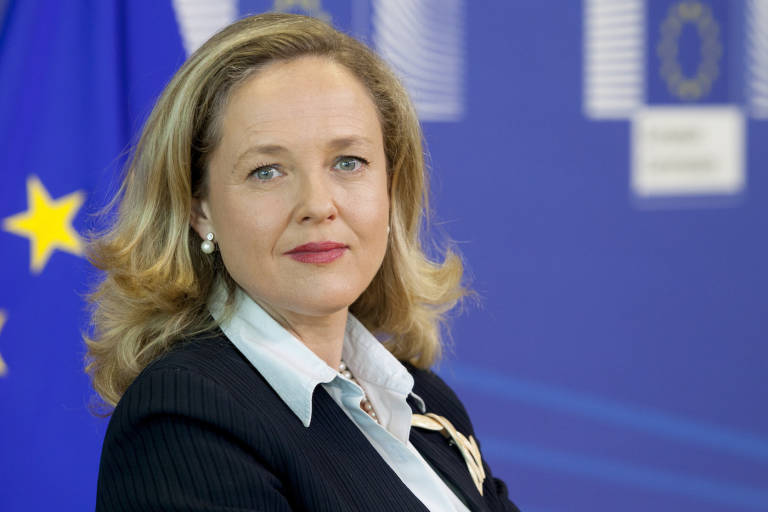
A Green Economy Pact for Europe
The world is undergoing massive changes with a profound impact on the international economy and the role of Europe. In recent years, we have lived through a pandemic, a war, an exponential acceleration of digitalization and a reshuffle of political narratives that have put the concept of “security” back on top of political priorities. Beyond physical, digital, and legal security, there is a broader need to ensure economic and social “resilience”, including strategic autonomy, environmental sustainability, and ability to plan long term in a context of climate change, fair rules-based international trade and international competition.
The challenges are evolving but the core is not new: we need to reinforce our safety nets and deal with urgent matters without losing sight of mid-term objectives.
Crises such as the one we are living are an integral part of our history, and in fact, explain the nature and evolution of current political and economic institutions, starting with the European Union.
This reshuffle of narratives stresses lessons some had forgotten, including the relevance of a strong role for the public sector as an active player in social and economic progress. This includes investing in sectors and public goods that are socially profitable; fostering research that will benefit everyone in general but no one in particular; guaranteeing well-functioning markets, thriving thanks to a healthy, educated, and skilled workforce, reliable sources for inputs, a safe and clean environment, and mechanisms to discipline those who don´t play by the rules. We fortunately live in democratic societies that ensure that any structural change is undertaken in a manner that is politically sustainable, this is, ensuring that the costs and benefits are distributed in a manner that is fair, both across and within countries, generation, regions, and social classes.
Right now, Europe is confronted with challenges that require addressing emergencies in a determined and effective manner but also compatible with our midterm objectives and strategic agendas. Dealing with what’s urgent without losing sight of what is important.
Structural reforms are needed for the economy to keep evolving and adjusting to new realities, based on the core principles of the Union: freedom, equality, protection of minorities, open social market economies and international cooperation. Resisting calls to turn back to protectionism and polarization, which have proven time and again to lead to poverty and conflict. Our goal should be to overcome traditional trade-offs and find workable ways to achieve green sustainable growth, efficient and fair markets, well-functioning rules based international trade, social justice and fiscal responsibility.
And we must do this by applying some of the lessons learnt during the pandemic and the war in Ukraine, this is, working with unity, solidarity, and determination. Taking a holistic approach that provides a clear vision to drive the different ongoing projects. In this regard, Spain has made an ambitious proposal of a Green Economy Pact for Europe, setting the path towards a sustainable growth model supported by a competitive industry on the basis of an ambitious electricity market reform to address the main competitive disadvantage of European industry, a temporary competition framework with streamlined processes to support public support in strategic areas, such as clean energy, semiconductors, electric vehicles, or critical technologies, and a new fiscal framework and integrated banking and capital markets ensuring the necessary public and private investments at European and national level.
Clean tech is at the heart of this roadmap, to ensure resilience and strategic autonomy regarding the necessary inputs and technologies to drive the green transition.
We have learnt from the pandemic and now the war in Europe that excessive reliance on a few suppliers and complex global value chains can be a source of vulnerability.
Reducing reliance on fossil fuels should also lead to reliable international value chains and international synergies based trust-worthy suppliers.
Finally, beyond action at EU level and bilateral cooperation, global challenges require global responses. Protectionism and other geopolitical tensions are a matter of global concern and need to be addressed within existing multilateral fora. The EU should be in the lead with a special sensitivity towards the views of the “Global South”, to ensure that the new world order that is in the making continues to deliver growth and prosperity to EU citizens and humanity as a whole.
At the end of the day, dealing with today’s challenges requires not only dealing with the economy or technological change but also turning back to the principles of political economy: a clear vision for the future, strong democratic leadership, and the ability to coordinate different policies at national, European and global level.




